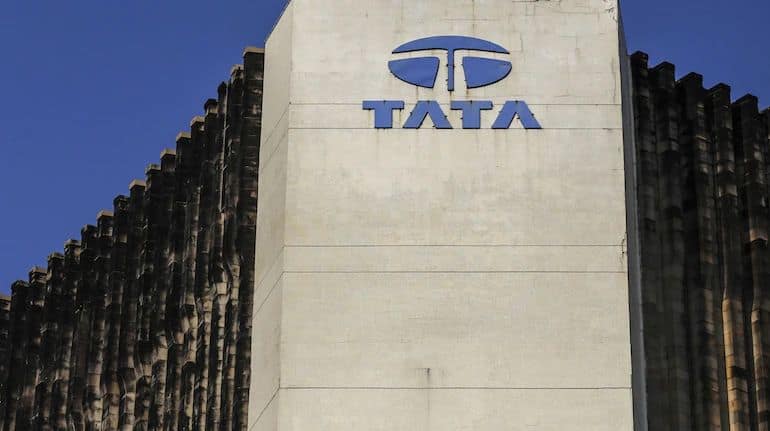Tata Group Stocks under Scrutiny
The question of whether Tata Group shares are losing their competitive edge has emerged among investors and analysts alike. A recent evaluation from Moneycontrol revealed that three prominent companies within the Tata Group—Tata Steel, Titan, and Tata Motors—have experienced significant downgrades in their ratings by brokerage firms over the past year. Here’s a closer look at the core challenges facing these key stocks.
Tata Steel: A Combination of Challenges
Tata Steel has taken the lead in experiencing the most downgrades among Tata Group stocks. A year ago, 25 brokerage firms were giving bullish recommendations for Tata Steel, but that number has dwindled to just 14. The primary concern revolves around the surge in steel imports from China at low prices, which has exerted downward pressure on steel prices globally and subsequently squeezed Tata Steel’s profit margins.
Additionally, the company is grappling with a significant tax liability estimated at ₹17,347 crore in Odisha, following a Supreme Court ruling that permits states to impose taxes on mineral rights. On top of this, Tata Steel’s debt has ballooned from ₹4,600 crore to a staggering ₹82,160 crore, which further complicates the company’s financial landscape.
Despite a commendable 32% increase in stock price since November, analysts remain wary about the stock’s risk-reward profile, especially given the ongoing underperformance of Tata Steel UK and Tata Steel Netherlands.
Titan: Navigating Tough Market Conditions
Turning to Titan, another titan of the Tata Group, we note a decline from 23 to 16 brokerage firms awarding a Buy rating within the last year. Recently, JP Morgan has cut its rating for Titan from ‘Overweight’ to ‘Neutral,’ reducing the target price from ₹3,850 to ₹3,450. The brokerage has highlighted concerns over potential weak demand in the jewelry market due to the persistent high prices of gold, which have dampened consumer interest.
In addition to this, Titan faces rising competition accompanied by increased promotional expenditures that threaten to erode its margins. Major brokerages like Morgan Stanley and Goldman Sachs have echoed similar concerns, emphasizing that the jewelry segment is under particular pressure and may pose significant challenges for the company’s future growth.
Tata Motors: Struggles Amidst Growth Trends
Lastly, Tata Motors has also seen a decline in favorable ratings, dropping from 27 to 22 brokerage firms giving a Buy recommendation over the past year. UBS recently projected a worrying 20% decline in Tata Motors’ stock, setting a target of ₹825 with a ‘Sell’ rating. Despite a 62% price increase in the past year, analysts perceive limited further growth potential.
The company is facing operational challenges, particularly within its Jaguar Land Rover (JLR) division. Weak global demand for JLR products, paired with supply chain interruptions stemming from major aluminium suppliers’ plant shutdowns and flooding issues this summer, have compounded Tata Motors’ struggles. Furthermore, ICICI Securities has pointed out that unanticipated volume growth at JLR, the need for debt reduction, and potential cash flow issues could significantly impact Tata Motors’ financial health moving forward.
| Company | Previous Buy Ratings | Current Buy Ratings | Key Challenges |
|---|---|---|---|
| Tata Steel | 25 | 14 | Falling margins due to imports, high debt, tax liabilities |
| Titan | 23 | 16 | Weak demand for jewelry, high gold prices, increased competition |
| Tata Motors | 27 | 22 | Production issues, sluggish global demand, debt management |
Conclusion
As challenges arise for these key Tata Group companies, investors must weigh the risks carefully. The downgrades by various brokerage houses signal potential volatility ahead, and prudent investors are encouraged to consult certified financial advisors before making investment decisions. Understanding these dynamics is essential for navigating the complex landscape of Tata Group stocks in the current market climate.
Disclaimer: The views and investment advice offered in this analysis are based on information from brokerage firms and expert insights. Moneycontrol takes no responsibility for any actions taken based on this content and recommends consulting certified experts before making investment decisions.












